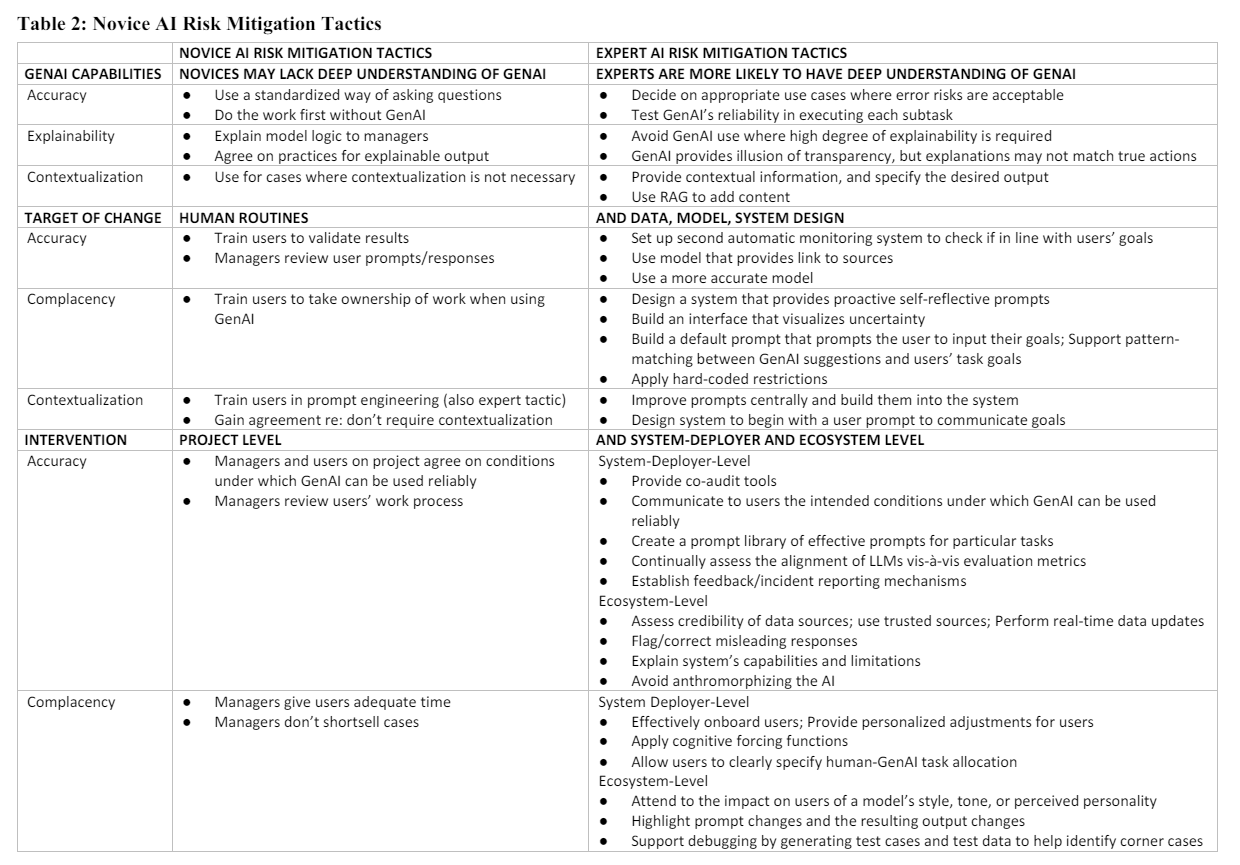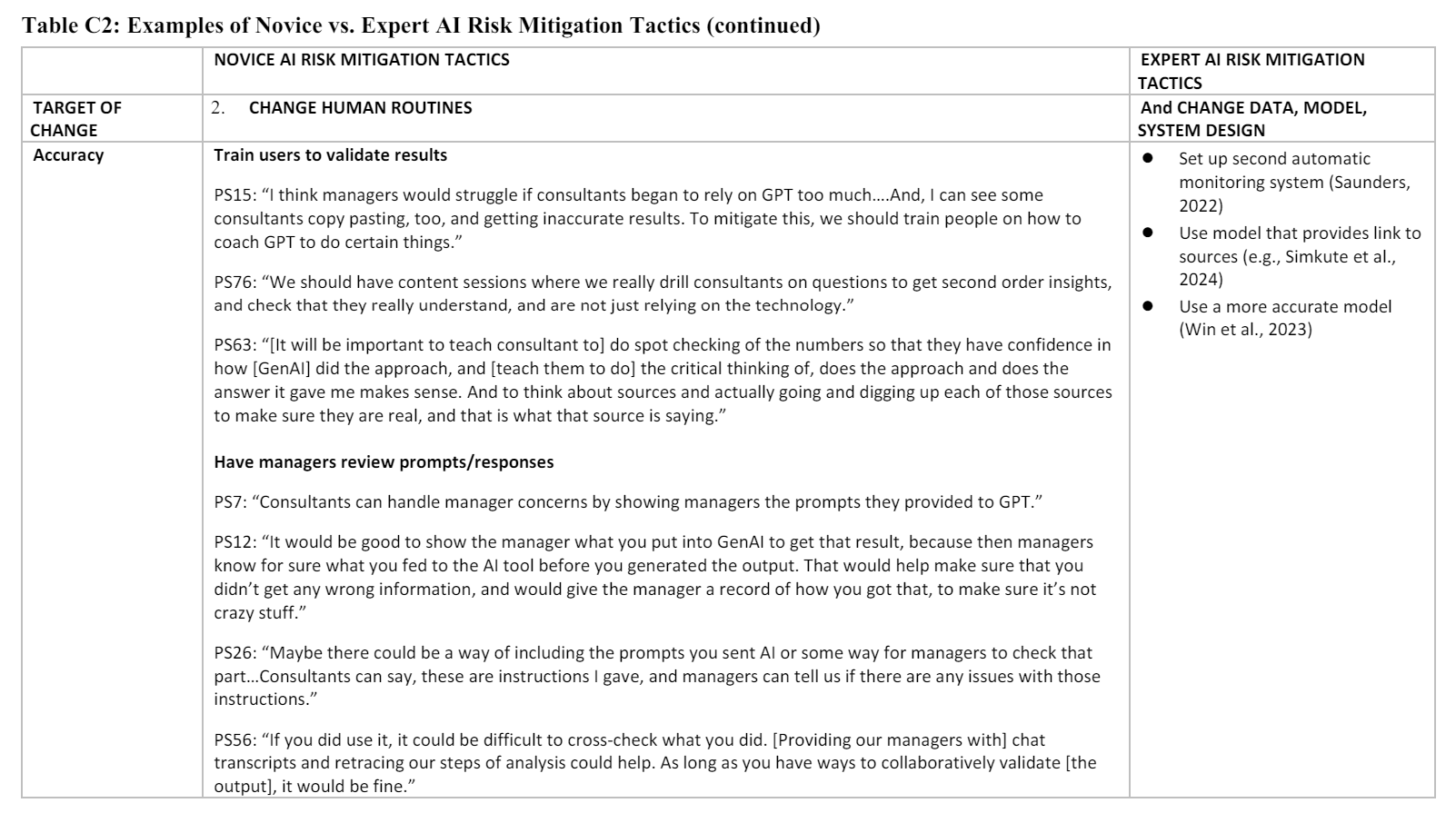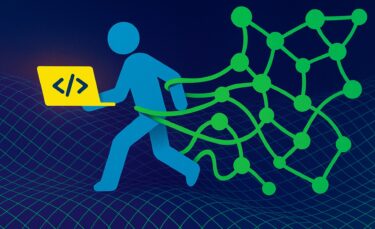Demographic studies show that younger people use generative AI more often and more intensively than older people. However, this does not necessarily make younger workers effective teachers for their older colleagues, according to a new study.
A recent study conducted by Harvard Business School, MIT Sloan School of Management, and other renowned institutions challenges the assumption that junior professionals can effectively train senior professionals in the use of generative AI (GenAI).
The study, conducted in collaboration with The Boston Consulting Group, finds that junior professionals often suggest inappropriate risk mitigation methods due to a lack of technical expertise and experience. This study builds on an earlier one that showed GPT-4 can make some consultants at BCG more productive.
Not thinking far enough ahead
In July and August 2023, the researchers surveyed 78 junior consultants at Boston Consulting who had access to GPT-4 as part of the aforementioned field experiment on risk mitigation when using generative AI. The junior consultants proposed risk mitigation strategies that the researchers found often contradicted the recommendations of the GenAI experts.
The problems were 1) a lack of profound understanding of the technology, 2) a focus on changing human routines rather than system design, and 3) a focus on project-specific interventions rather than system-wide or ecological levels.

This doesn't necessarily mean that the juniors' recommendations are wrong. If you sift through the responses in the study's appendix, you'll see that the juniors seem to have a basic understanding of the potential pitfalls of generative AI, and what to look out for. However, their recommendations for risk mitigation are not systemic enough or rely too heavily on subjective human judgment.

The researchers recommend that corporate decision-makers should not assume that young people are inherently better at using or even teaching generative AI. Instead, companies should train junior and senior employees on the specific risks and requirements of these technologies.






